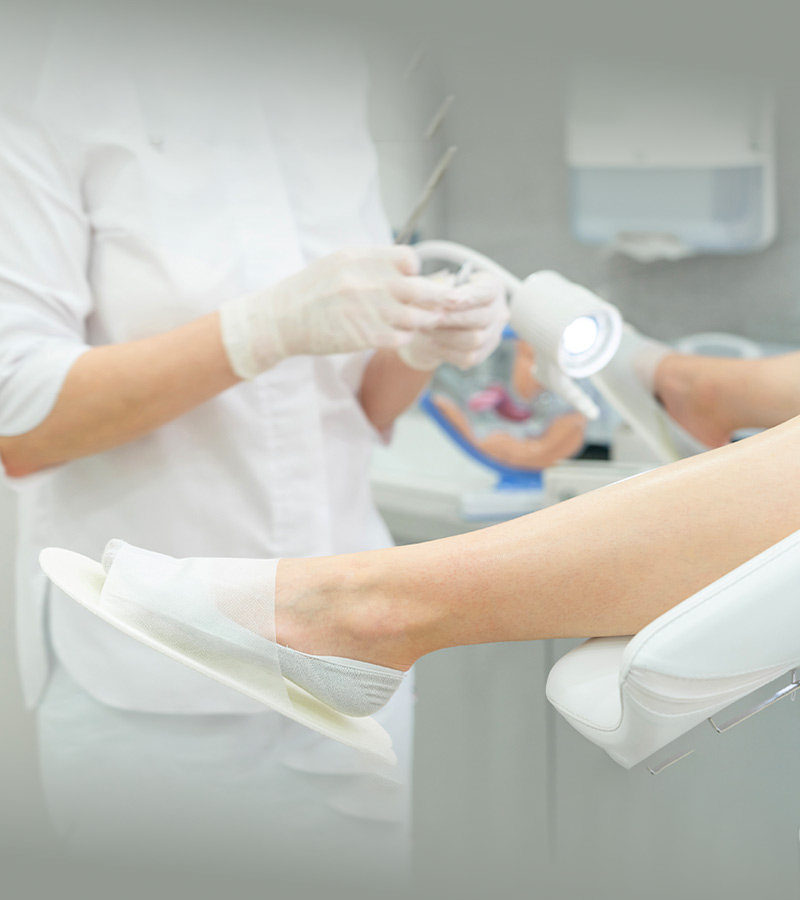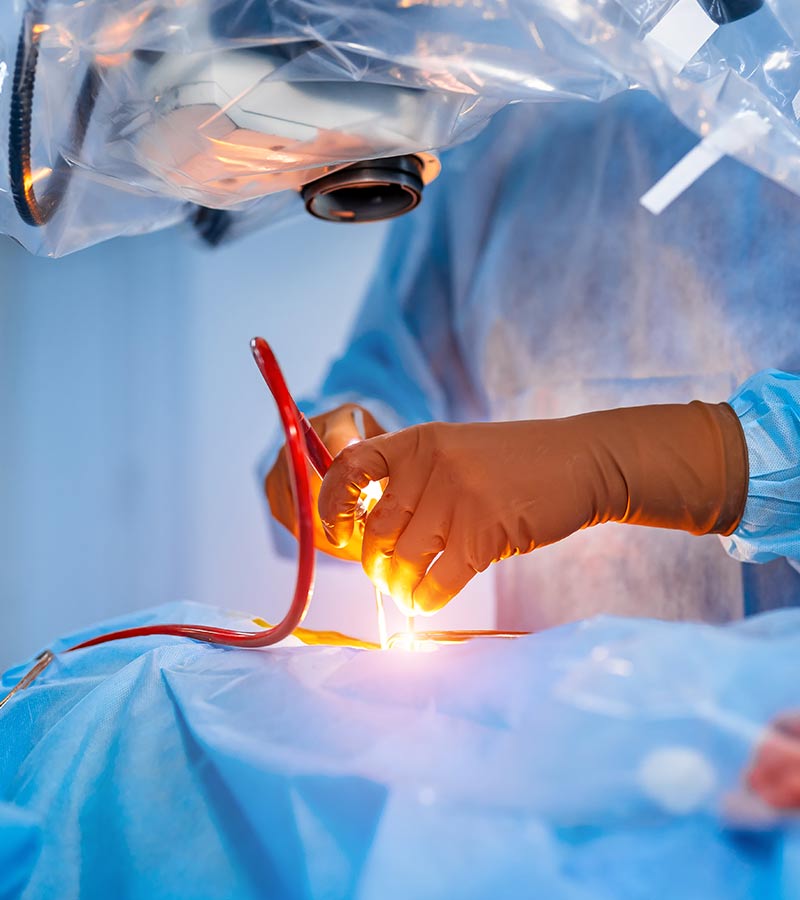Cosmetic Gynaecology is a relatively new set of procedures which Gynaecologists can employ to help improve the appearance of a woman’s genitalia, the vulva and the perineum.
The vulva vagina and perineum is affected not only by age, but by childbirth, which can result in loss of tone and sensation, and discomfort in the labia from excess skin.
The majority of the patients seen by our specialist cosmetic Gynaecologist at Rapid Access Gynaecology are either concerned about the size and appearance of their labia, which have become too large and uncomfortable, and embarrassing, or by the loss of vaginal tone and the effect this has had on their libido and sex lives.
Labiaplasty procedures address the very real concerns for women who have suffered from the pain and embarrassment of large labia. The two procedures our expert Gynaecologist uses will help reduce the size of the labia and improve the cosmetic appearance.
The commercial name for vaginal surgery is ‘vaginal tightening’ or ‘vaginoplasty’. Inevitably women who have given birth have a degree of vaginal laxity due to prolapse, and the aim of vaginal tightening surgery is to help restore the function of the levator muscles in the vagina.
As a doctor, I have been specialising in women’s health for almost 30 years and have been a Consultant Gynaecological Surgeon for 20 years.
During my time as an NHS Consultant Gynaecologist, I established the UK's first reconstructive clinic for women who had undergone female genital mutilation. In 1998, our work in this clinic was recognised by the Department of Health, and we were awarded a large grant to fund both surgery and research. In 2003, together with my colleague Mr. Harry Gordon and Baroness Rendell, we rewrote the FGM Act.
In my private practice, I am concerned that there is a tendency for plastic surgeons to carry out vaginal surgery. This surgery is not just simply ‘vaginal tightening’, but requires a careful consideration of the changes in shape and length of the vagina and the function of the organs like the bowel and the bladder which lie in an intimate position.
I'm also aware of the new techniques of vaginal rejuvenation using CO2 lasers. At present this work is not peer reviewed, and there are no scientific studies to compare these procedures with standard gynaecological treatments for vaginal laxity and incontinence.
I offer both labial reduction surgery, and also vaginal tightening, and I also believe it is essential that my patients are also offered a confidential session with a psychologist to explore any psychosexually related issues that you may have prior to surgery.







